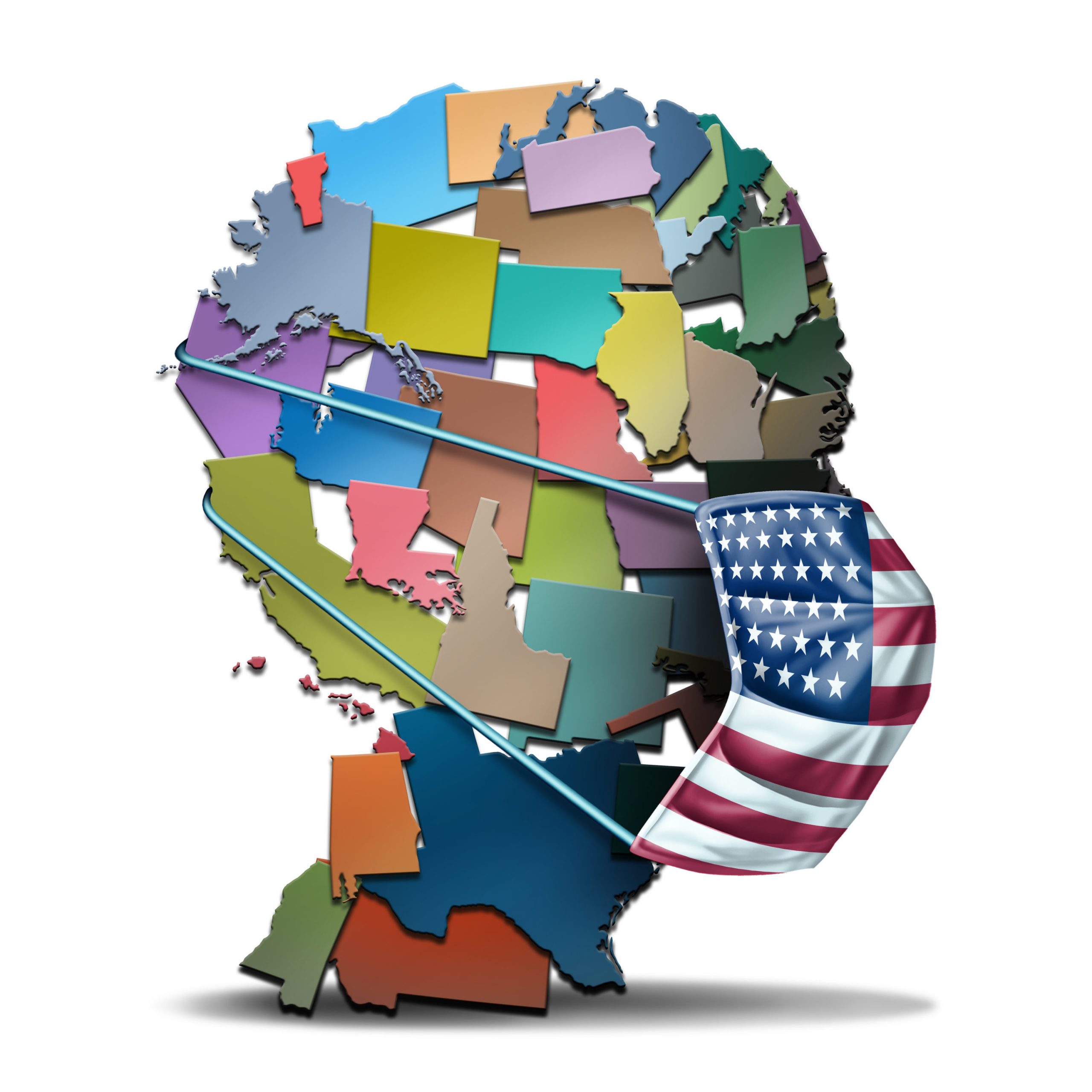
Supporters of Medicare-for-all cite healthcare coverage for all Americans and the reduced cost of prescription drugs as reasons for their support. Opponents of Medicare-for-all cite the high cost of providing healthcare for all Americans and the inconvenience of not having medical procedures available on-demand, as reasons for their opposition. The Covid-19 coronavirus answers the Medicare-for-all question supporters or opponents never raise, and the meaning of the answer to that question should be clear to all Americans: NO MEDICARE-FOR-ALL!!!
At first glance, the death formula needed to defeat the coronavirus seems to cry out for a Medicare-for-all healthcare response. The 3 components to the death formula are:
1) Testing individuals for the virus
2) Contact tracing and isolation for those who test positive
3) Medical treatment for those infected with the virus
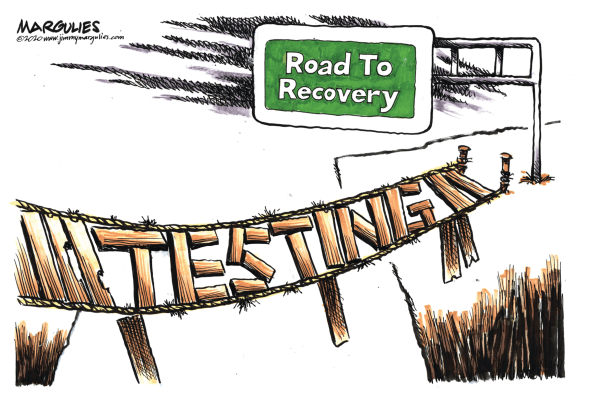
Considering that the coronavirus death formula needs to be applied to all 300 million-plus citizens of America, the federal government is the only one with the citizenship information, the regulatory, legal, and economic authority necessary to coordinate and execute such a massive undertaking. While it’s true that only the federal government can successfully execute the coronavirus death formula, there is more involved in defeating the coronavirus than just executing the death formula.
For instance, currently in America executing the testing component for all Americans is not possible because there is a shortage of test kits. The reason there is a shortage is that the initial test developed by the Center for Disease Control (CDC) had a flaw that could give false results. An investigation by the U.S. Food and Drug Administration (FDA) found that the design of the CDC test was good, the problem was with the CDC’s process to manufacture the test kits.
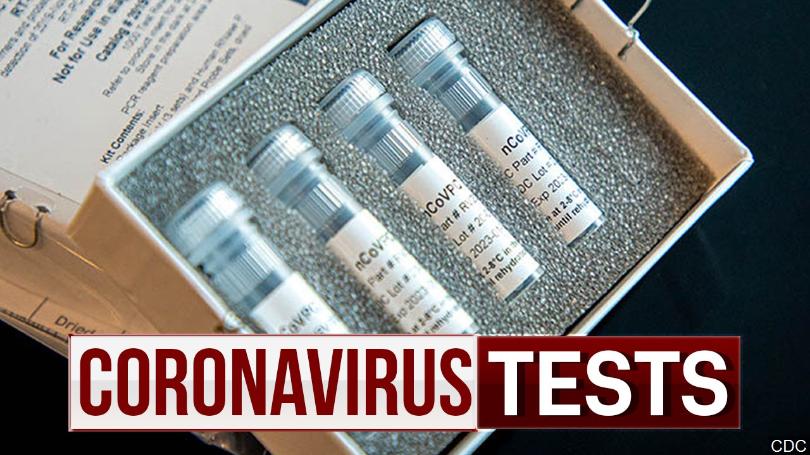
An example of what America’s for-profit healthcare market makes possible. Abbott Laboratories has developed this coronavirus test kit that the FDA approved in March, it can provide results in less than 15 minutes using the same technology that powers some rapid flu tests
After the CDC outsourced manufacturing of the test kits to Iowa-based Integrated DNA Technologies (IDT) the FDA said, “The test manufactured by IDT was distributed and has encountered no issues, thus supporting the conclusion that the CDC’s manufacturing had caused the original kits to fail.” Manufacturing is not the only area where the CDC and other federal, state, and local health officials can use technical help and support.
Apple and Google announced that they are coming together in a rare joint partnership to add technology to their smartphone platforms. It will assist health officials in conducting contact tracing of people tested positive for the coronavirus. The new technology allows 3 billion Apple and Google phones to talk to each other. This means that if a user tests positive for the coronavirus, and adds that data to their phone health app, users who they came into proximity with over the previous 14 days will be notified of their contact.
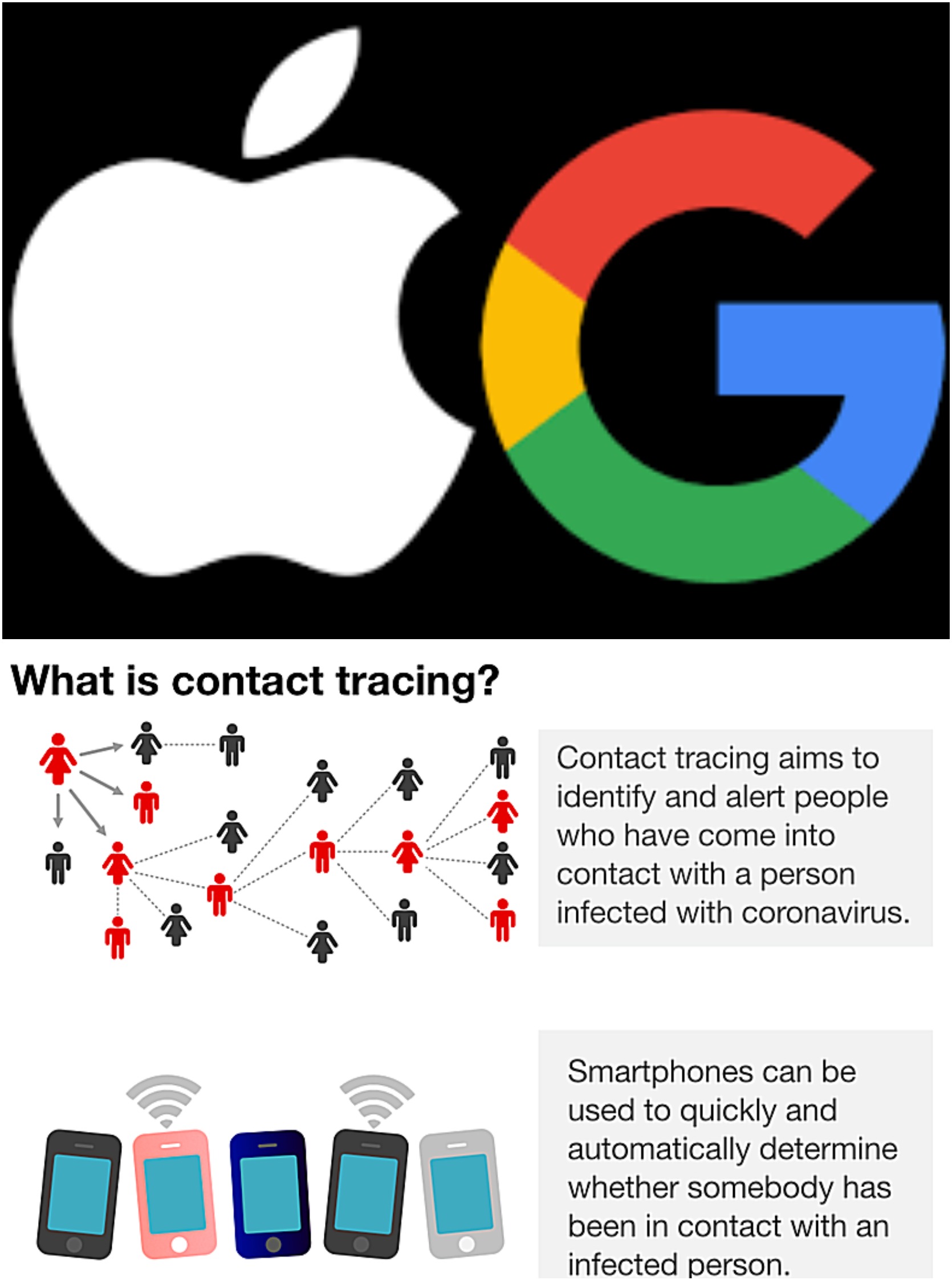
The app does not tell the location of where contact was made, the name of the contact person, or the phone number of the contact person. It also does not reveal any of that information to Apple or Google but it will advise the person to either self-isolate or seek treatment. These 2 instances of collaboration between the government and private industry point to a question that neither supporters nor opponents of Medicare-for-all NEVER raise.
The question supporters nor opponents never address is: What happens to research and development (R&D) of new medical drugs and procedures if America converts to Medicare-for-all??? Medicare-for-all will eliminate 90% of all profits from American healthcare. As mentioned earlier the CDC needed the for-profit medical technology company, IDT, to properly manufacture the coronavirus test kits. Government health officials also need the for-profit technology of Google and Apple to conduct true contact tracing.
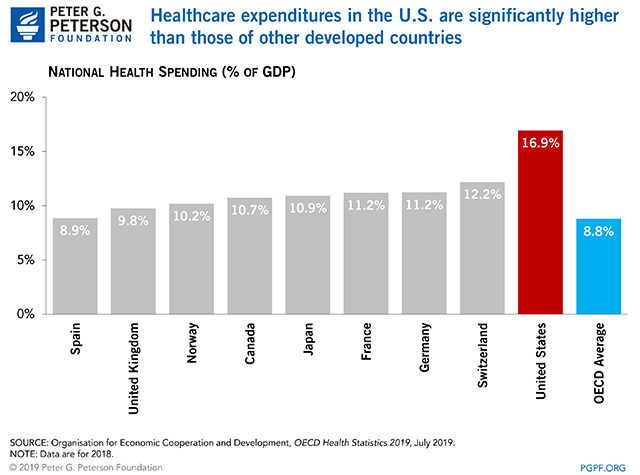
Because America is the only country with a for-profit healthcare system the vast majority of the world’s medical research and development occur in the United States
And more than likely it will not be the world’s largest government funder of medical R&D, the U.S. National Institutes of Health (NIH), with its annual budget of $41.7 billion that will develop a coronavirus vaccine. It will most likely be developed by the 132 billion spent by medical for-profit companies to fund R&D by research universities, biomedical companies, health insurance companies, and pharmaceutical companies.
In 2016 a total of $171.8 billion was spent on medical R&D. Biopharmaceutical companies accounted for 52.3%, universities 5%, private foundations 1.5%, independent research institutes 1.5%, state and local governments 1%, independent hospitals 0.8%, and health associations and professional societies 0.8%. If American healthcare was Medicare-for-all without private sector investment spending on American medical R&D, how would we pay for the R&D necessary to quickly develop a coronavirus vaccine?

There are 16 American companies developing a coronavirus vaccine. Great Britain, France, Canada, Switzerland, and Japan each have 1 company within their borders working on developing a vaccine. Those 5 companies are relying on profits made in America’s for-profit healthcare market to fund their vaccine development.
“The relationship between profits and innovation is clearest in the biopharmaceutical and medical device sectors,” said Craig Garthwaite, a health economist with Northwestern University’s Kellogg School of Management. “In these sectors, firms are able to patent innovations, and we have a good sense of how additional research funds lead to new products.”
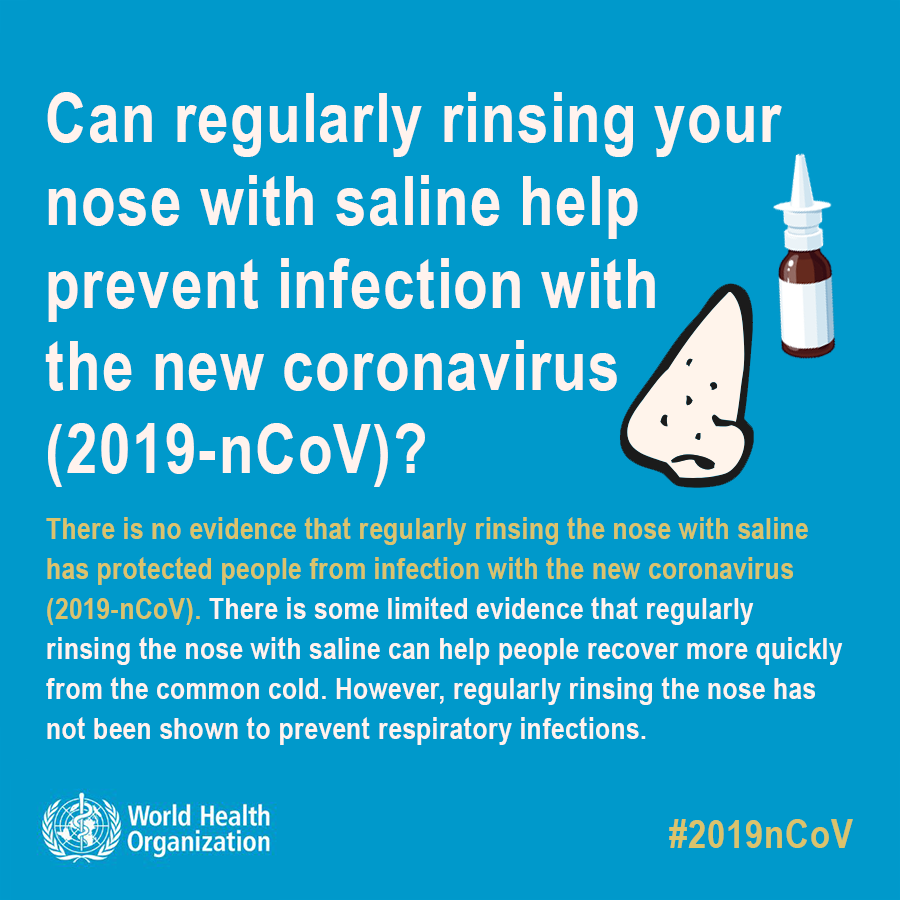
Several economists have shown a link between a robust for-profit medical market and medical innovation. Daron Acemoglu and Joshua Linn found that as the potential market for a type of drug grows, so do the number of new drugs entering that market. Amy Finkelstein showed that policies that made the market for vaccines more favorable in the late 1980s encouraged 2.5 times more new vaccine clinical trials per year for each affected disease.
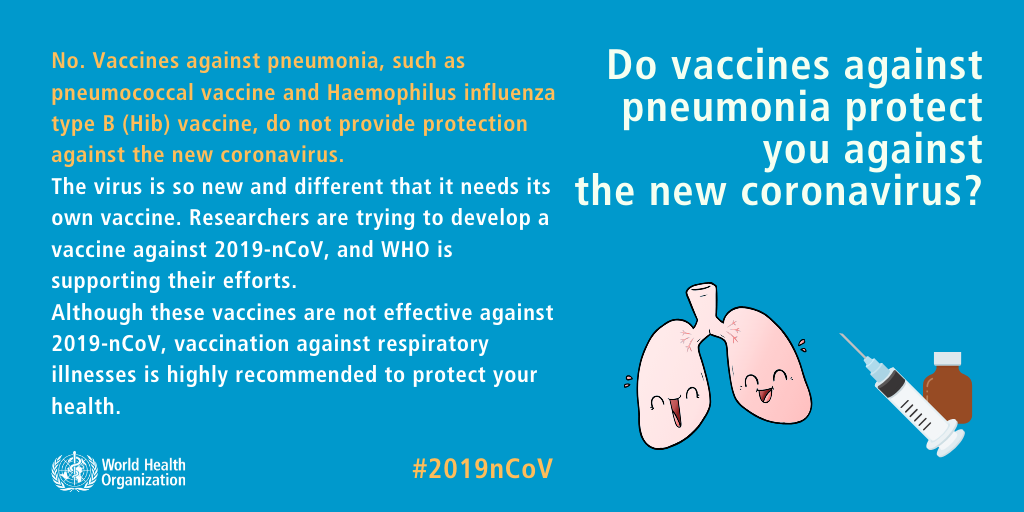
Since every other country in the world besides America, have healthcare markets with Medicare-for-all like cost controls that prevent the profit margins that America’s market-driven Obamacare incentivizes, unfortunately, it means Americans pay higher prices for prescription drugs. But if Americans don’t pay the higher price for the drugs, what other countries will pay the higher cost to generate the necessary profit incentive to spur new medical drug inventions.
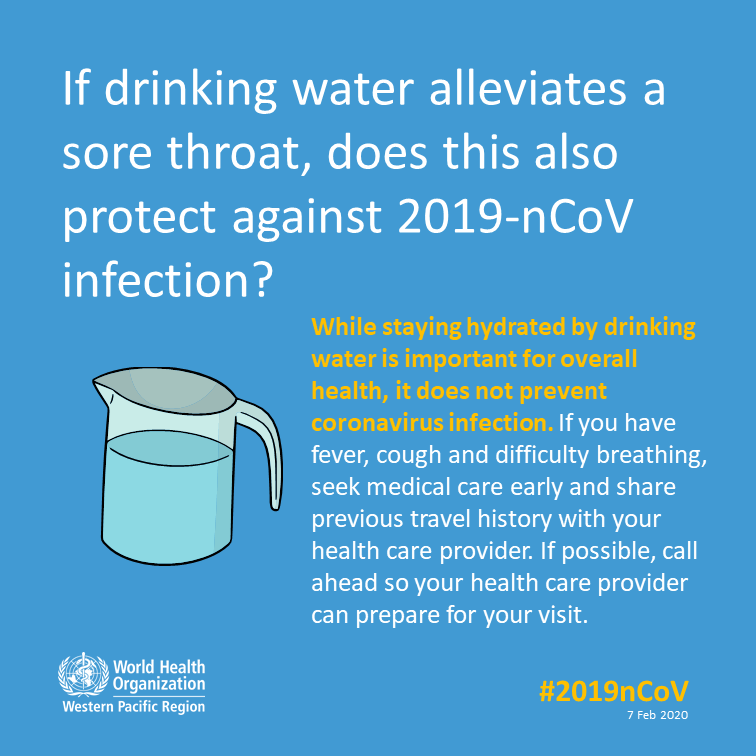
There are 21 pharmaceutical companies around the world currently working on a coronavirus vaccine. 16 of them are American, 1 is Canadian, 1 is British, 1 is French, 1 is Swiss and 1 is Japanese. The 5 non-American companies are only able to fund their vaccine research based on the profits they make selling their pharmaceuticals in America, and not based on any profits from selling pharmaceuticals in their home country because all 5 countries have non-profit government healthcare.
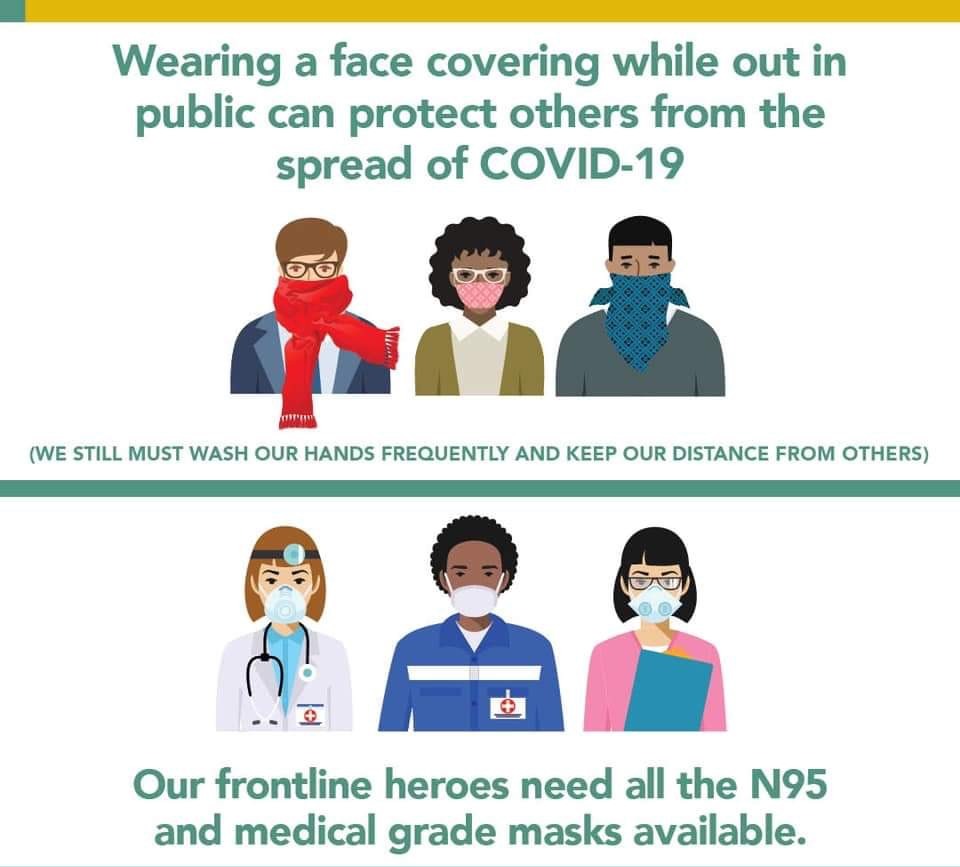
The international war that the coronavirus has created and the resources needed to defeat it has sent a clear message, and the message is that the world is doomed if America, the cradle of medical research and innovation, converts to Medicare-for-all. Paying the cost of for-profit healthcare is why America has the best healthcare in the world for HEALING people. And the best healthcare system for providing the rest of the world with life-saving medical research and innovation free of charge. Now America just needs to figure out how to provide all U.S. citizens with ACCESS to the world’s best healthcare, without converting American healthcare to Medicare-for-all.
